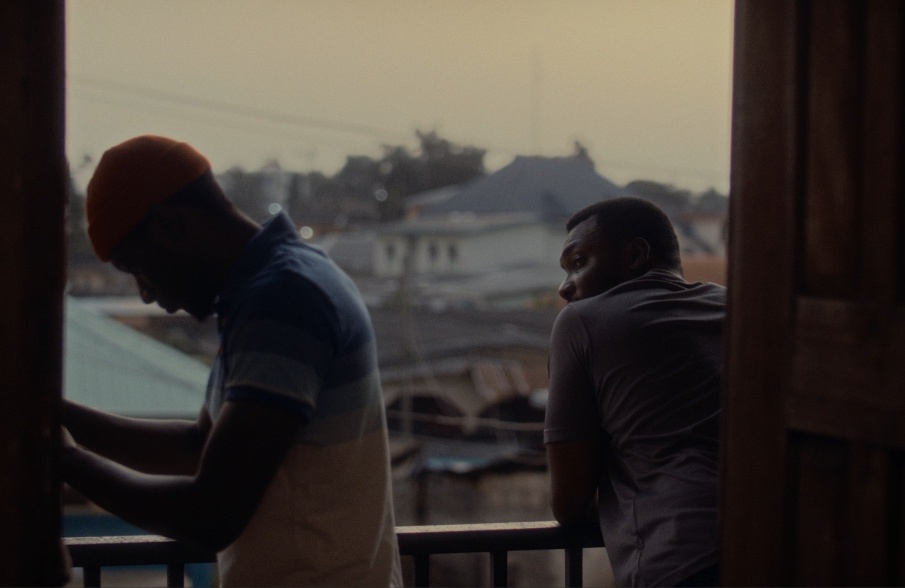At the 40th Lovers Film Festival, FRED Film Radio interviewed directors Felipe Matzembacher and Marcio Reolon to talk about “Night Stage”, a film presented in competition.
Sex shouldn’t be hidden
“NightStage”‘s characters discover their fetish for sex in public places, risking everything. Is the choice to tell this story also linked tothe desire to portrait sex as something that should not be hidden? “I think that’s something very important. We always had films connected with this idea of desires, sexuality, eroticism”, explains Felipe Matzembacher.“Nowadays, I think we are entering an era in which people are becoming more prudish, more conservative. We wanted to make a film that put desire as a central force. Desire is the kind of force that can confront capitalism. Because sometimes the idea of being part of a major or mainstream society allows you since you repress your desires. That was something very important to us: the idea that you can fit in this more conservative, capitalist and neoliberal society if you hide your desires, if you suppress them. And then we create these characters that have this very strong force trying to combat this”.
The erasure of stereotypes
Do the directors think that with their films they are helping to erase years of stereotypes of queer representation in cinema? “I think what is relevant for us when we are developing our characters is todo complex lives there”, says Marcio Reolon. “So we don’t think of our characters as absolute representatives ofone segment of society, but we always look at them as whole complex human beings. And I think this adds layers to these characters and therefore adds multiplicity, adds this possibility of different lives, of different existences, rather than like reducting them to one specific kind of existence or one kind of behavior”.
A playful movie
“NightStage” has a strong visual component. How did directors imagine it and what were their references? “This is something that crossed many personal lines of research that we do for a long time. When we were developing this story in the beginning we thought it was a noir”, says Felipe Matzembacher.“But then later we realized it’s like this next step of noir that would be like the erotic thrillers. And then we really dive into these films. But also it’s a reflection of our history as artists, because both Marcio and I were actors before becoming directors. So we put a lot of importance on how to stage the idea of performance and how to put them on screen”. “Stage is a very important word to look at this film, because as we’re talking a lot about performance, about these characters that perform specific public lives to hide their private lives”, explains Marcio Reolon. “They are actors and we wanted the film to have this performance even on its aesthetics. Even the lights are performative. For us, this was very relevant. We also got inspiration from New Hollywood cinema. And it was really fun to do a film. We felt so much freedom by doing it because we always wanted Night Stage to be playful”.
Plot
Physical attraction, love of risk taking, exhibitionism and seduction: Matias, a young actor longing for fame, meets Rafael, a closeted gay politician, a candidate for mayor. The closer the two get to the longed for fame, the more reckless they become. A perfect traditional erotic thriller, with an 80’s atmosphere, Almodóvar-inspired style, and unashamed voyeurism, it explores the dynamics of pleasure and control. In a mixture of suspense, erotism and social analysis, the movie, like its main characters, is not afraid of exposing and risk it all for a moment of pure freedom.











































